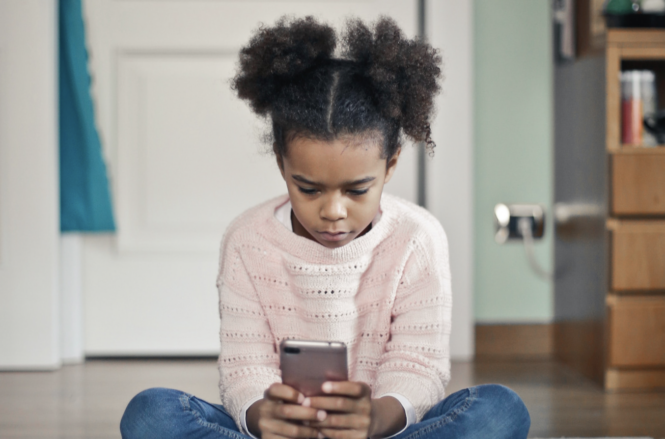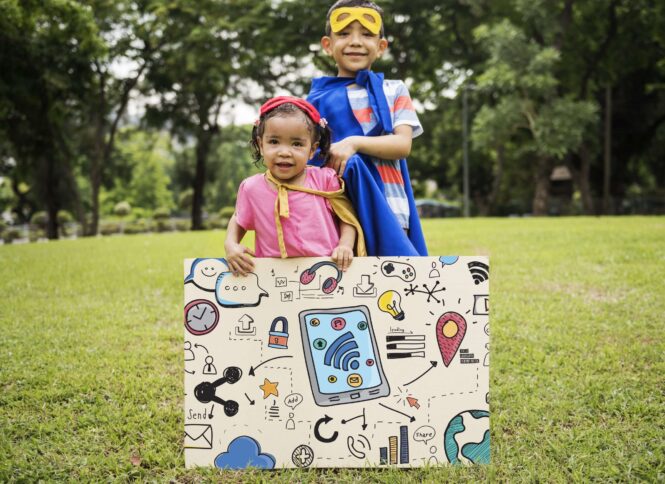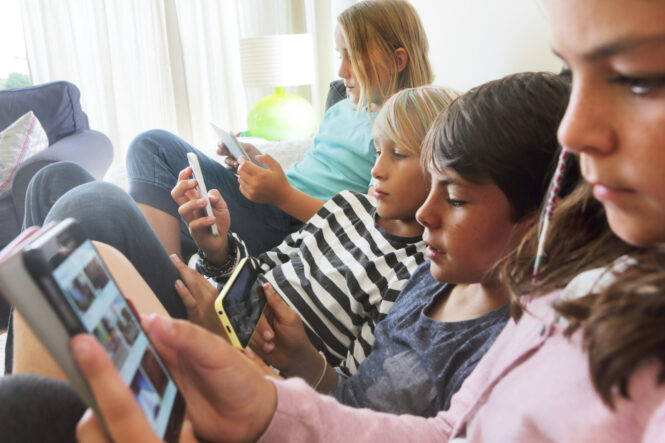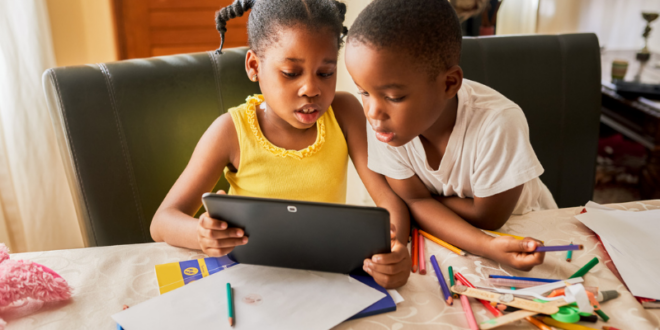The Internet is a sea of information in which we often find ourselves, almost all of us, according to our wishes and needs. In that sea, there is something for everything, and there is almost everything for everyone. Yes, there’s even something for kids, but it’s good to know that the internet doesn’t have completely kid-friendly content. Hence the need to be careful about what your kids find online. There are many ways to handle your children’s online safety, and we will help you learn how.
Knowing all these circumstances, today we will talk more about this topic. Today we bring you more information about the risks if children are connected to the Internet unsafely. We are sure this guide will help you, so follow us until the end and learn much more. Let’s get started!
The Internet brings risks to children

The Internet offers a large number of possibilities, but also content for almost every age, so it is also available for children. What is it that can be found on the Internet? Of course, what can be found on the Internet is sometimes unsafe.
Children on social media are especially unsafe because these networks have an uncontrolled publication of content. According to the ExpressVPN survey, the internet is not a safe place for children, and parents surveyed mentioned that bullying and grooming are at the top of their concerns when it comes to child safety. Be careful where your children go online because bullying is rampant and a painful issue for children. With that said, here are some of the dangers that can arise as a result of using social media as a child.
Predators: Predators are adults who use the anonymity of the internet to contact children for inappropriate reasons. Social media can provide predators access to children by connecting them socially and often on a one-on-one basis.
Personal Information Sharing: Children may post information about themselves that could be accessed by strangers, who may then use it in ways that create potential risks for kids, such as identity theft or stalking.
Viruses and Hacking: Social networking sites are prime targets for hackers looking to spread malicious software like viruses on unsuspecting users’ computers through links in messages or status updates that contain dangerous code designed to steal personal data or damage computers. This poses yet another potential risk for children online and highlights the importance of having proper parental supervision over computer time for kids online.
Benefits of Social Media for Children

Many parents worry about the dangers of their children participating in social media, but there can also be some benefits. Social media can provide a platform for children to explore identity, find and share ideas, express creativity, and make meaningful connections.
Identity exploration: Platforms such as Instagram allow for a “safe space” for children to share who they are and how they view themselves. With being able to monitor who is viewing their profiles or pages, it can be less intimidating or risky than in-person conversations with peers.
Finding & sharing ideas: There are a variety of topics on social media tailored to interests of all kinds. Through the comments and likes feature found on most platforms, children can easily connect with those with similar interests – creating an open dialogue is no longer necessary directly within one’s community, like at school or in sports leagues.
Creativity: Many social media platforms offer platforms for creative expressions, such as posting pictures/videos (Instagram), streaming/gaming/vlogging (Twitch), blogs (Tumblr), music streaming (Spotify), etc. This allows children to test out new ideas while receiving instant feedback from friends, family members, and other users worldwide.
Meaningful connections: Social interaction is key for child development; however, this may not always be possible due to geographic distance between peers or personal reasons like shyness or self-esteem issues. While these types of conversations should not take over traditional methods like face-to-face interaction with close peers or family members, social media provides an easy outlet for young adults to talk without having painful conversations first – this is especially true when it comes to discussing potentially sensitive topics like mental health or physical differences among students in sports groups, etc..
Tips for Children on Social Media Usage

To help children navigate the digital world safely and responsibly, there are some guidelines that they should consider:
- Never reveal personal information, such as your address or phone number.
- Only add friends you know in real life.
- Do not click on links or popups from people you do not know.
- Do not post or share inappropriate photos or videos.
- Do not respond to messages that make you feel uncomfortable.
- Understand the terms and conditions associated with any services provided on a website; understand that anything posted online remains potentially public even when privacy levels are high.
- Set up privacy settings so only approved friends can see your posts; limit who can post on your wall and what type of content is shared with others.
- Be aware of potential cyberbullying and report any inappropriate behavior to an adult who is familiar with social media usage policies. If something feels wrong, it most likely is not safe — trust your instincts!
Conclusion
According to what we have brought you today, we have managed to show you the real importance of keeping children safe on the internet. Therefore, using some of our tips will make the Internet a safer space for your child. Give children the opportunity to enjoy online content safely.
 Imagup General Magazine 2024
Imagup General Magazine 2024



